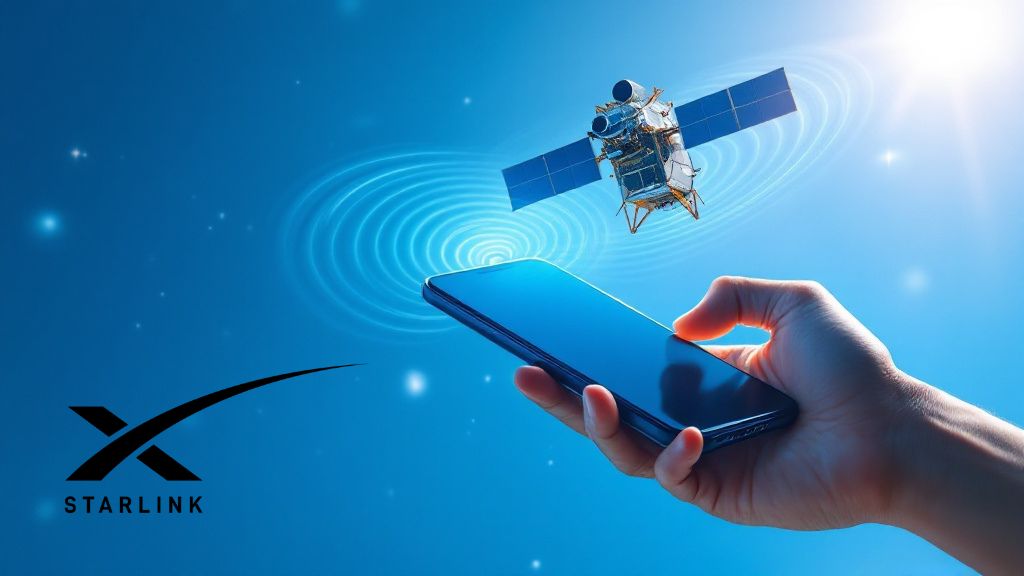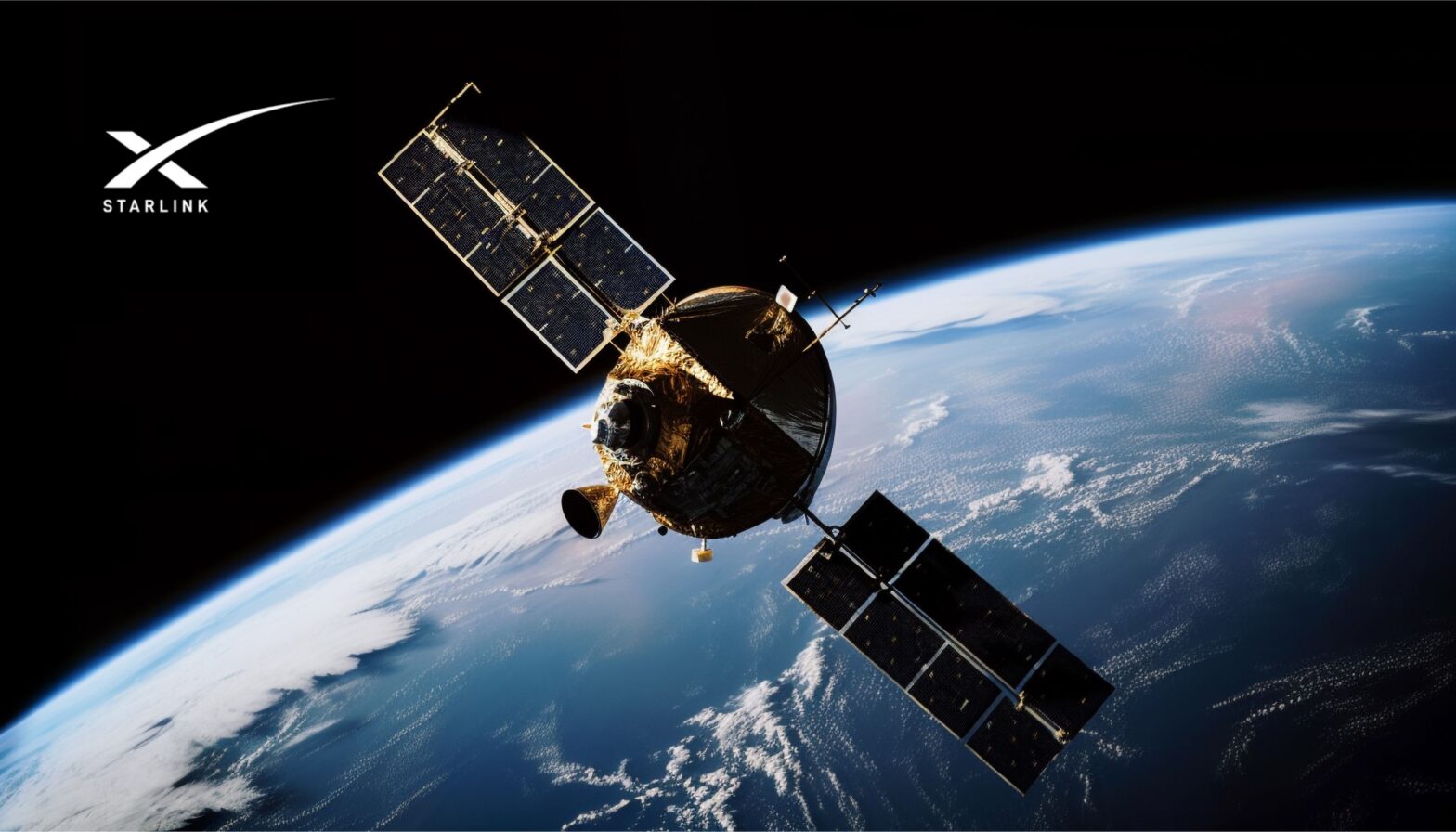SpaceX has once again stirred the satellite internet market by launching a promotional discount on its Starlink Mini dish. The tech giant, known for its innovations in space exploration and internet connectivity, is aiming to draw in new customers by slashing both hardware prices and monthly fees. The limited time offer reduces the cost of the Starlink Mini hardware from $599 to $449 and cuts the monthly subscription fee for the Roam 50GB plan from $50 to $30. However, the deal is invite-only and exclusively available to existing Starlink residential subscribers who own the standard dish. While the discount has generated buzz, questions remain as to whether it will significantly impact Starlink Mini sales amid ongoing challenges with network capacity.

The Starlink Mini, launched earlier this year, is a portable satellite internet solution designed to cater to digital nomads, remote workers, and outdoor enthusiasts. With its compact design, it promises high-speed internet even in remote locations. The device offers download speeds of up to 170 Mbps and works seamlessly with Starlink’s Roam service, providing connectivity in areas where traditional broadband options are unavailable. While the Mini has received praise for its portability, some users have expressed concerns over its limited data offerings. The Roam 50GB plan, priced at $30/month in the new discount bundle, has been criticized as insufficient for daily use, especially for those accustomed to more extensive data plans.
SpaceX’s move to offer a discount is seen as an attempt to boost sales and attract users who are looking for a portable satellite internet solution, especially as outdoor activities like camping and van life become more popular. The price drop comes at a time when Starlink is facing increased competition from other satellite internet providers like HughesNet and Viasat, both of which offer similar services at varying price points. However, unlike traditional satellite providers, Starlink’s use of low Earth orbit (LEO) satellites promises reduced latency and faster speeds, which could give it an edge in attracting potential buyers.
Despite these advantages, there are limitations to the promotional offer. For one, the 50GB monthly data cap may not be enough for frequent travelers or digital nomads who rely heavily on internet access for work. As noted by experts, “The challenge will be balancing customer demand with network capacity without compromising service quality”. This becomes especially critical as SpaceX attempts to avoid overwhelming its network, a problem that has led to waitlists for new residential Starlink subscribers in parts of North America.
Moreover, the invite-only nature of the promotion may limit its reach, and the offer is set to expire on December 8, 2024. As such, potential customers who do not meet the criteria may miss out, which raises questions about how this approach will affect long-term sales. SpaceX has also taken steps to ensure that the deal does not lead to a surge in North American subscribers, where network demand is already reaching its limits. As a result, the company has been cautious with pricing and availability, particularly in regions where network capacity could be strained.
While the discount may seem modest, some analysts argue that it reflects SpaceX’s broader strategy to maintain a competitive edge. According to PC Mag, the discount could be the first of many if demand for Starlink Mini continues to grow. SpaceX has already reduced the price of the Mini in international markets, including Australia, New Zealand, and the United Kingdom, in response to strong network availability in these regions [2]. The company has also hinted that further price adjustments may be on the horizon as it looks to increase sales without overwhelming its infrastructure.
Ultimately, the success of this promotional offer will likely depend on how well SpaceX can balance its ambitions with the limitations of its network capacity. The Starlink Mini’s ability to meet the needs of digital nomads and outdoor enthusiasts will be critical to its long-term success. For now, the discount may provide a temporary boost in sales, but whether it will drive a lasting shift in Starlink’s customer base remains uncertain.
In conclusion, while the Starlink Mini discount is certainly a move to attract more customers, it raises important questions about the future of satellite internet services. As SpaceX continues to innovate in the field, only time will tell whether these promotional efforts will translate into a significant increase in sales or simply serve as a short-term tactic to maintain market relevance.















